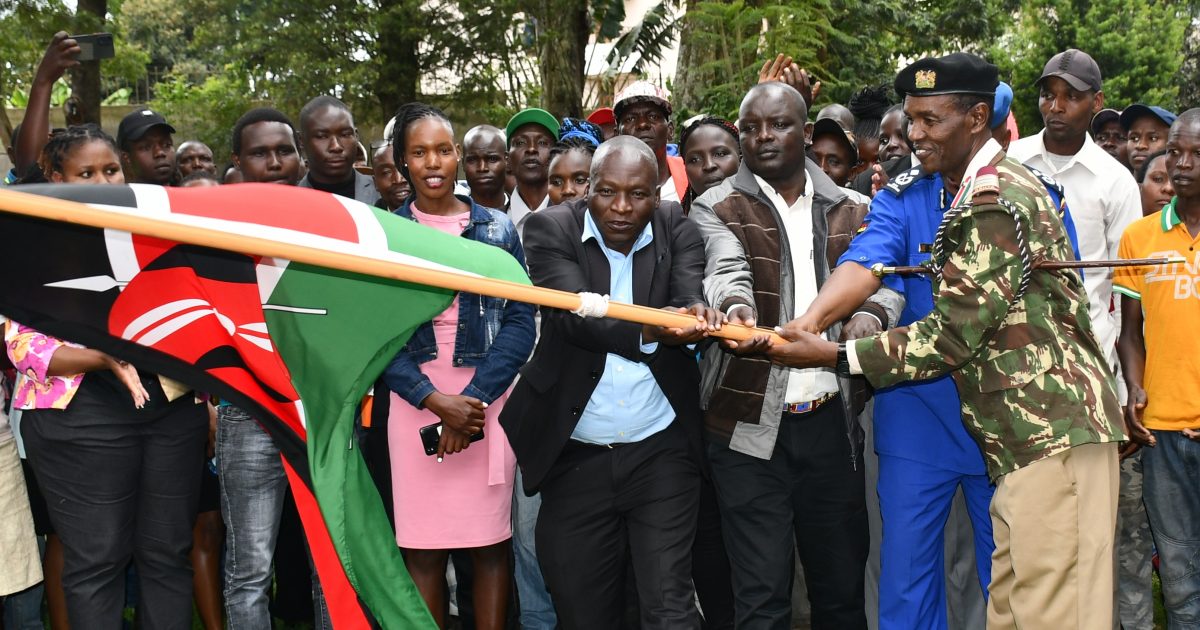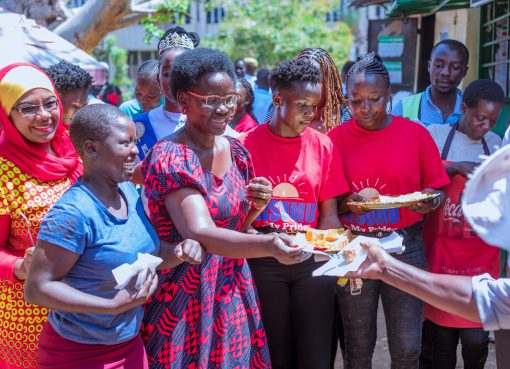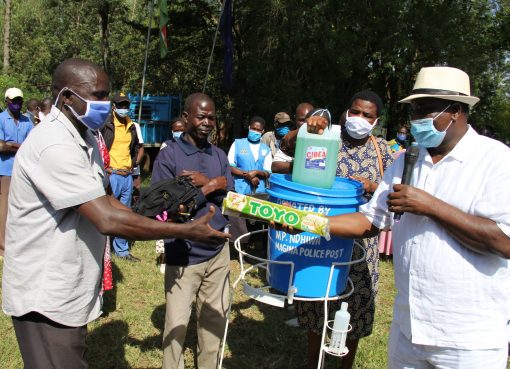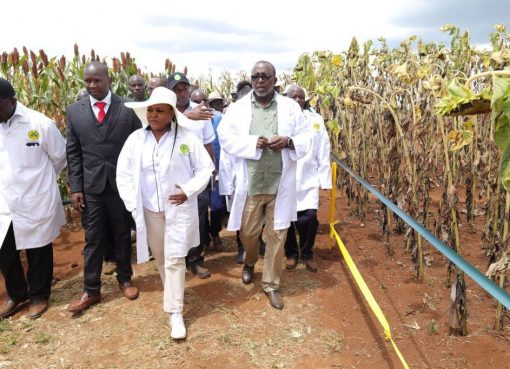About 6,000 youth in Kericho County will benefit from the Third Phase of the National Government’s National Hygiene Programme, popularly referred to as the Kazi Mtaani programme.
Speaking during the launch of the exercise at Moi Gardens in Kericho Town, the Kericho County Commissioner (CC), Mr. Kamau Karungo, said the programme will keep the youth engaged constructively and in the process, also earn a living.
“I am optimistic that youth in Kericho will not be used by politicians to cause instability and chaos, since they will be busy engaging in Kazi Mtaani,” remarked Mr. Karungo.
The County Commissioner also urged the youth to maintain peace and unity, as they work during the programme whose work will mainly be concentrated in and around informal settlements, with the aim of improving the environment and service delivery.
Mr. Karungo also pointed out that the Third Phase of the programme will give priority to single mothers and Persons Living with Disabilities (PWD’s), who are jobless within the County, in order to cushion them from the tough economic times.
“We have single mothers and PWD’s among us going through tough times due to lack of job opportunities and I know this initiative will uplift their lives” added Mr. Karungo
The Kericho County Director for Housing, Mr. Jason Atunga Abuga, explained that the Third Phase that officially kicks-off this month will also empower the youth with life skills including how to get into self-employment and inculcate in them the saving culture among other skills.
“I encourage the youth to form and register groups, establish social enterprises and apply for funding from Government Affirmative Funds,” said Abuga
According to Mr. Abuga, over 16,000 youth in Kericho registered for the programme through the Kazi Mtaani Management System portal, programme’s online system.
“We have 196 supervisors and 5,838 workers in the County who will be engaged in garbage collection and street cleaning, fumigation and unclogging of drainages, rehabilitation of public facilities such as buildings, access roads and walkways,” added Mr. Abuga
Mr. Abuga further said the youth who will work in cohorts, will receive a daily wage of Sh.455, while their supervisors will earn Sh.555.
By Kibe Mburu and Sharon Chopkoech





